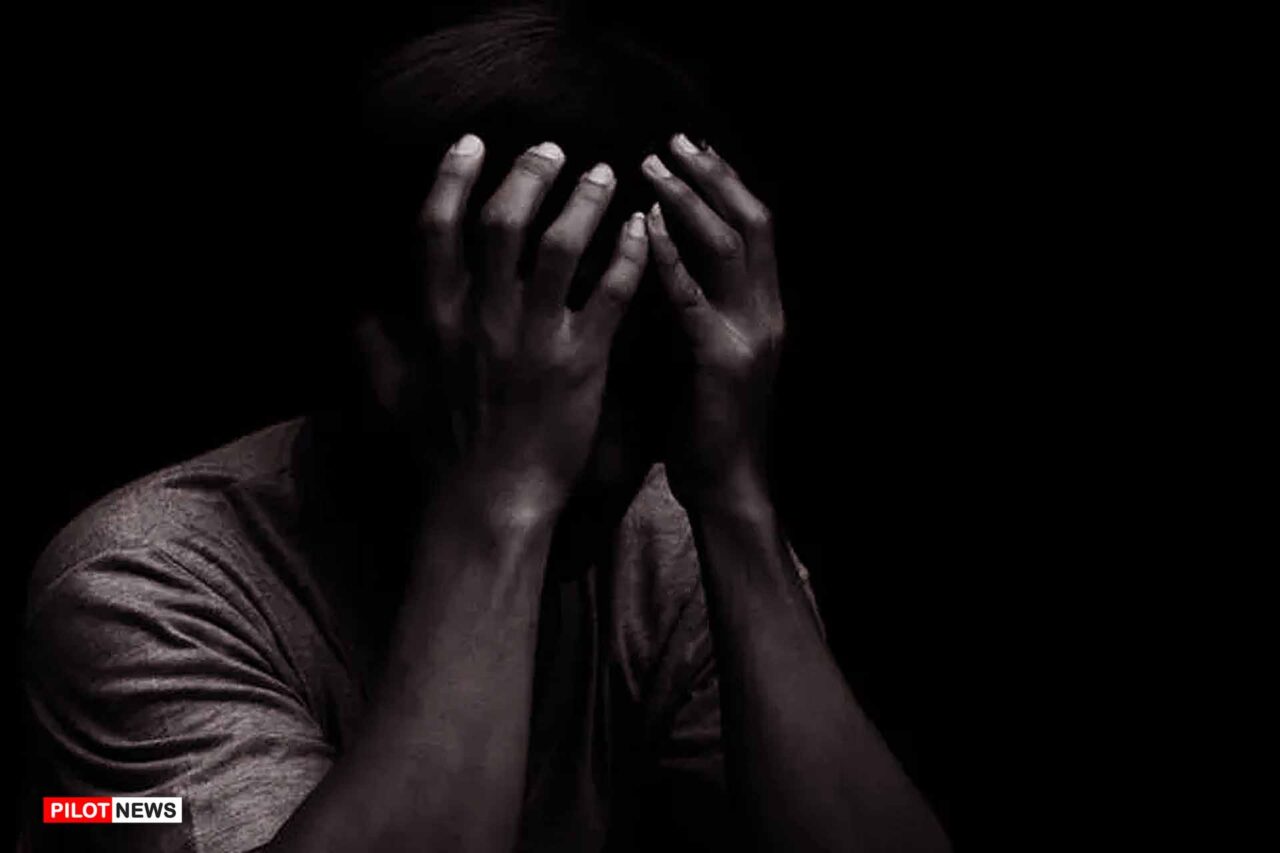With the upsurge of suicide in Nigeria, Prof Aishatu Yusha’u Armiya’u of the Psychiatry department, Abubakar Tafawa Balewa University and Abubakar Tafawa Balewa University Teaching Hospital, Bauchi said young women were on the high side of those who committed suicide in Nigeria.
Prof Aishatu Armiya’u who stated this in an interview said recent studies in Nigeria said 80 percent of suicide reports were by men. However when age was used younger women committed suicide more than men. Suicide at home, school, and bridges were more common among women.
Prof Aishatu Armiya’u who also does research in Forensic Science and Psychiatry and is a consultant at the Correctional Service Facility Jos explained that depression is related to suicide and women suffer depression more than men.
“There are gender differences in suicide rates. Financial constraints and marital conflicts were risk factors for females in recent studies. The risk factors for men are different. So in addressing suicide rates there is a need for a gendered approach and intervention. It is not one size fits all.
In my considered opinion, I would still say more studies particularly government-funded community-based studies are needed to guide us in what would be appropriate and essential to do.
“Mental illness is a risk factor for suicide. This is why attention to mental health across different settings including homes, neighborhoods, and schools to mention a few is important in addressing the burden of suicide in our society.
“It is a well-known fact that Adverse Childhood Experiences (ACEs) such as abuse and neglect are risk factors for suicide. It is here we need to pay attention to parents, guardians, and household members. They indeed play a significant role in reducing Adverse Childhood Experiences (ACEs) that increase the risk of suicide and self-harming behaviors. Awareness and sensitization campaigns to these special populations will help curb the menace of suicide.”
“Involving schools where adolescents and youths spend a significant part of their time is key. The recognition of the warning signs in the classroom and reaching students early can have a profound impact.
“Evidence shows that most effective suicide prevention takes place upstream which means starting with parents/neighbors followed by educators in the classroom. In schools, there is a standard mental health clinician or mental health counselor to student ratio. This provision is lacking in some of our school policies.
According to Prof. Aishatu Armiya’u, studies conducted over time show that “the impact of religion on the likelihood of depression becomes reduced considerably when other factors are considered. In other words, the impact cannot reflect that religion is a panacea for depression. It has a role along with the need to see a mental health physician, use appropriate medications, and talk therapies.”
“The burden of depression therefore cannot be removed by religious factors alone. This is in no way saying that religion is not working.
“I usually tell people that the relationship between religion and science is reflected in Barbour’s model which recognizes a continuum of conflict, independence, dialogue, and integration. The useful dimension here is dialogue and integration where the attending health team involves religious practices in the dialogue and integrates them with scientific practices for a robust effect on recovery in a person who has depression.” She upheld.
- CP Engages Traditional, Religious Leaders, Critical Stakeholders On Cattle Rustling - April 25, 2024
- Rivers Commissioner State Finance Commissioner Resigns - April 25, 2024
- Pollution: Ogun State Government Clamp Down On Three Churches - April 24, 2024


